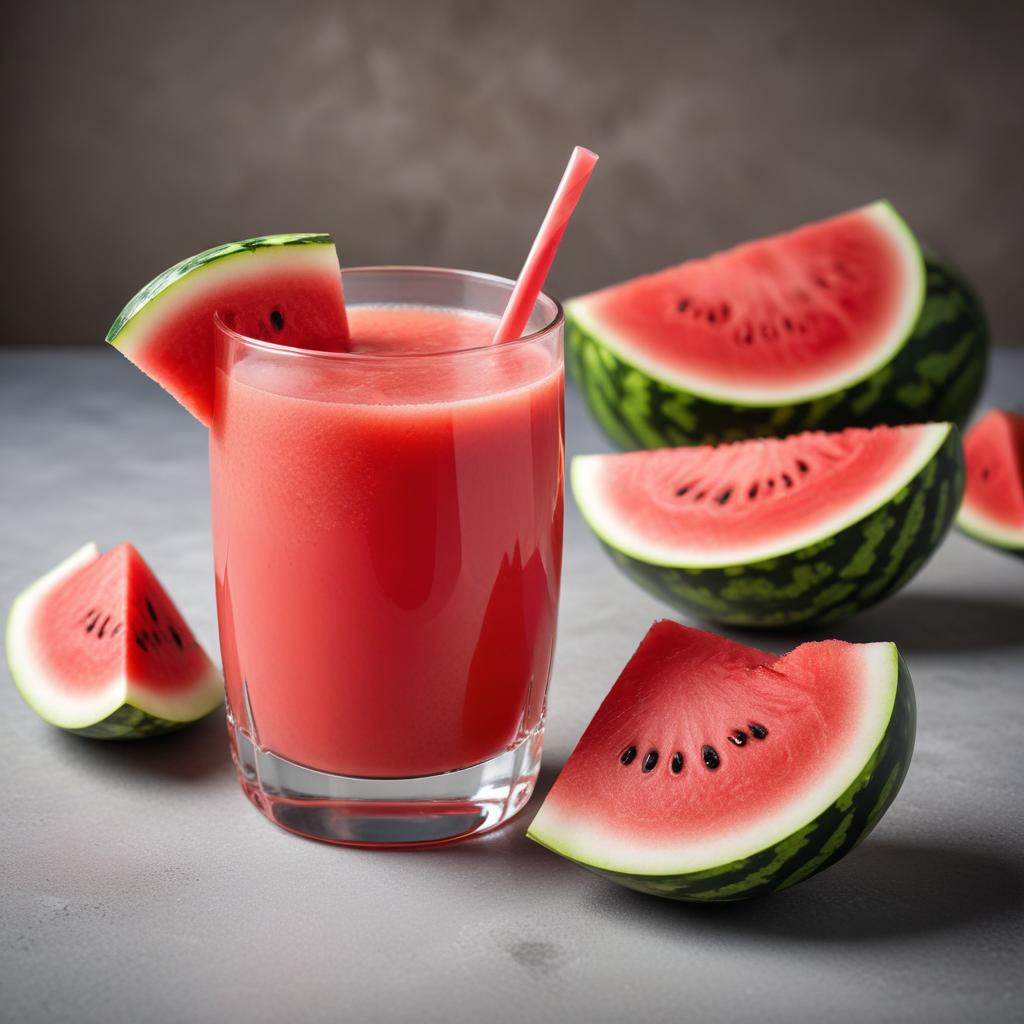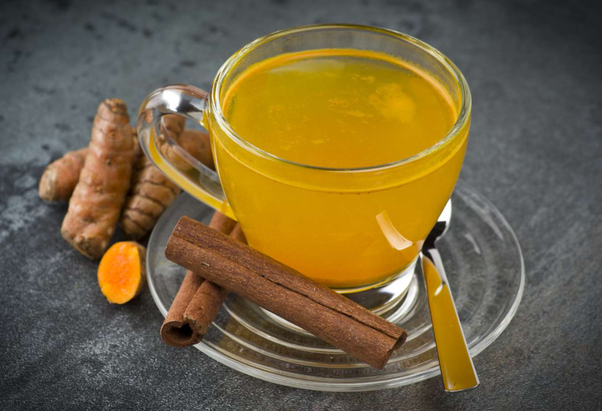Is Ghee Healthier Than Butter?
When it comes to cooking and baking, ghee and butter are two popular choices. Both offer unique flavors, textures, and nutritional profiles, but the debate over which one is healthier often arises. This comprehensive guide will explore the differences between ghee and butter, their health benefits, and which option might be better suited for your dietary needs.
What is Ghee?
Ghee, also known as clarified butter, is a staple in Indian cuisine and Ayurvedic medicine. It is made by simmering butter to remove water content, milk solids, and impurities. The result is a golden, nutty-flavored fat that is rich in nutrients and has a higher smoke point than regular butter.
What is Butter?
Butter is a dairy product made by churning cream. It is a versatile ingredient commonly used in cooking, baking, and as a spread. Butter contains milk solids and water in addition to fat, giving it a creamy texture and distinct flavor.
Nutritional Comparison: Ghee vs. Butter
Here is a comparison of the nutritional profiles of ghee and butter (per tablespoon):
| Nutrient | Ghee | Butter |
|---|---|---|
| Calories | 120 | 102 |
| Total Fat | 14 g | 11.5 g |
| Saturated Fat | 9 g | 7 g |
| Cholesterol | 33 mg | 31 mg |
| Carbohydrates | 0 g | 0 g |
| Protein | 0 g | 0 g |
Health Benefits of Ghee
1. Lactose and Casein-Free
Ghee is free from lactose and casein, making it a suitable choice for individuals with dairy sensitivities or allergies.
2. High Smoke Point
Ghee’s smoke point is around 485°F (252°C), higher than butter’s 350°F (177°C). This makes ghee ideal for high-heat cooking methods like frying and sautéing.
3. Rich in Vitamins
Ghee contains fat-soluble vitamins like A, D, E, and K, which support bone health, immunity, and skin health.
4. Contains Healthy Fats
The medium-chain triglycerides (MCTs) in ghee can provide a quick source of energy and support weight management.
5. Anti-Inflammatory Properties
Ghee contains butyrate, a short-chain fatty acid known for its anti-inflammatory effects and benefits for gut health.
Health Benefits of Butter
1. Source of Conjugated Linoleic Acid (CLA)
Butter contains CLA, which may support fat loss and improve muscle mass.
2. Nutrient-Rich
Butter provides essential vitamins like A, D, and E, which are important for overall health.
3. Versatility
Butter’s creamy texture and flavor make it suitable for a wide range of culinary applications.
Pros and Cons of Ghee
Pros
- Lactose-free and suitable for dairy-sensitive individuals
- Higher smoke point, making it safer for high-heat cooking
- Longer shelf life due to the removal of water content
- Rich in vitamins and healthy fats
Cons
- Higher calorie and fat content per tablespoon
- Distinct flavor may not suit all dishes
- More expensive than butter
Pros and Cons of Butter
Pros
- Widely available and affordable
- Contains beneficial nutrients like CLA and vitamins
- Versatile and well-suited for various recipes
Cons
- Contains lactose and casein, which can trigger allergies
- Lower smoke point, making it less suitable for high-heat cooking
- Shorter shelf life compared to ghee
Which is Healthier: Ghee or Butter?
The answer depends on your health goals and dietary restrictions. If you are lactose-intolerant, have dairy sensitivities, or require a fat source for high-heat cooking, ghee is the better choice. On the other hand, if you prefer a creamier texture and milder flavor, butter might be your go-to option.
How to Use Ghee and Butter
Both ghee and butter can be used in various ways:
- Ghee: Ideal for frying, sautéing, roasting, and drizzling over rice or vegetables.
- Butter: Great for baking, spreading on bread, and adding richness to sauces.
FAQs
1. Is ghee healthier than butter for weight loss?
Ghee’s MCTs may support weight management by promoting fat burning and energy expenditure. However, portion control is essential for both ghee and butter due to their high calorie content.
2. Can I replace butter with ghee in baking?
Yes, but keep in mind that ghee’s absence of water may affect the texture of baked goods. You may need to adjust the recipe slightly.
3. Is ghee better for cholesterol levels?
Both ghee and butter contain cholesterol. However, ghee’s butyrate content may have a positive effect on cholesterol levels when consumed in moderation.
4. Which is better for heart health?
Moderation is key for both ghee and butter. Ghee’s potential anti-inflammatory properties may offer some heart health benefits, but excessive consumption of either can increase the risk of heart disease.
5. Does ghee have a longer shelf life than butter?
Yes, ghee’s lack of water and milk solids extends its shelf life, making it more stable at room temperature.
Final Thoughts
Ghee and butter each have unique qualities that make them valuable in the kitchen. Choosing between the two depends on your dietary preferences, cooking needs, and health goals. By understanding their differences, you can make informed decisions that align with your lifestyle.
Remember, moderation is crucial. Both ghee and butter are calorie-dense fats that should be consumed in appropriate quantities to maintain a balanced diet.
Thank you for reading our comprehensive guide to Discover the 7 Best serum for Glowing Skin and its regional variations! We hope you found valuable insights into it.
If you’re interested in exploring more about healthy eating and lifestyle tips, feel free to check out our latest blog on Papaya Seeds Benefit
Stay tuned for more informative content and don’t forget to subscribe to our newsletter for updates on future articles.





